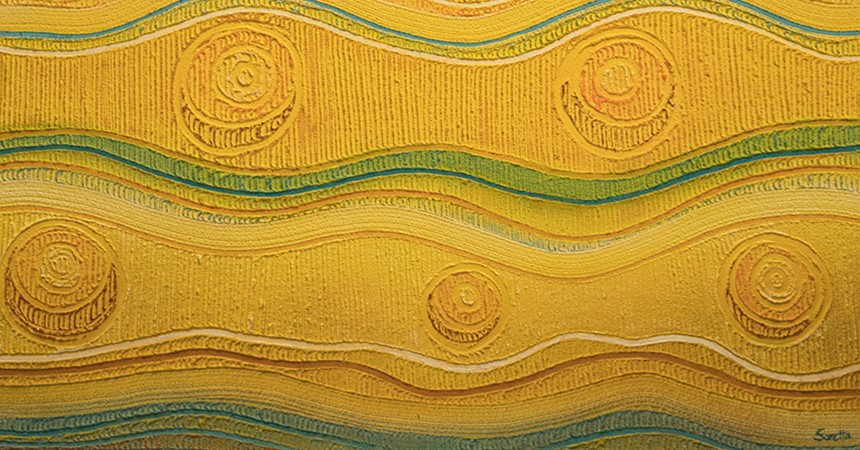In August 2022, following years of work from the Aboriginal and Torres Strait Islander Catholic Ministry Council, the Diocese was proud to launch its Reconciliation Action Plan (RAP), a commitment to reconciliation and truthtelling across our Diocese, its agencies, schools, and parishes.
Reconciliation Australia reminds us that, “Reconciliation takes action. Reconciliation is a journey for all Australians – as individuals, families, communities, organisations and importantly as a nation. At the heart of this journey are relationships between the broader Australian community and Aboriginal and Torres Strait Islander peoples.”
In the Diocese of Maitland-Newcastle there are a range of initiatives outlined in our RAP and underway but also, much work to be done. A RAP Reference Group has been established that includes internal and external Aboriginal and Torres Strait Islander people and non-Indigenous representatives. The group is responsible for delivering the Diocese’s RAP and driving its outcomes.
Member of the RAP Reference Group, Jason Smith said, “Reconciliation for our Diocese is all inclusive. It’s working in synods, in collaboration with all members of the community. “ “I have been proud to witness the willingness of people to participate in many of our RAP activities across the Diocese.” RAP Reference Group member and Project Coordinator for Pastoral Ministries, Alyson Segrott acknowledged the importance and cultural benefit of a RAP.
“It allows Aboriginal and Torres Strait Islander people, and for non- Indigenous people, to join together to make a difference in bringing about a better relationship with each other. A RAP provides a framework to build on relationships based on trust, understanding and mutual respect.”
“As a result of our RAP, our staff and community have a greater understanding of what reconciliation means. It has allowed us to learn from the cultures and spirituality of country and permits the start of healing wounds,” Ms Segrott said.
Each year, Australians have the opportunity to embrace, honour, appreciate and respect our country’s Aboriginal and Torres Strait Islander culture through National Reconciliation Week (NRW), held from 27 May to 3 June.
The week originally began as a Week of Prayer for Reconciliation in 1993 supported by Australia’s major religious groups. In 1996, it progressed to become National Reconciliation Week under the support of the Council for Aboriginal Reconciliation (now Reconciliation Australia).
Fittingly, this Aurora edition is published on 3 June – Mabo Day, which signals the end of NRW.
Mabo Day is the anniversary of the High Court of Australia’s historical judgement delivered on 3 June 1992, accepting the claim that Eddie Mabo and the other claimants, that their people (the Meriam people) had occupied the islands of Mer for hundreds of years before British arrival.
The decision overturned a legal fiction that Australia was terra nullius (a land belonging to no one) at the time of the British colonisation. There is still much we can do – as a Diocese and as a nation – to embrace and honour our history, and to acknowledge our culture; the oldest living culture on earth.
The Catholic Diocese of Maitland- Newcastle is currently developing its Innovate RAP, which pending approval from Reconciliation Australia, will be launched later this year. Our Reflect RAP is available on our website: mn.catholic.org.au.
Follow mnnews.today on Facebook.






















































































